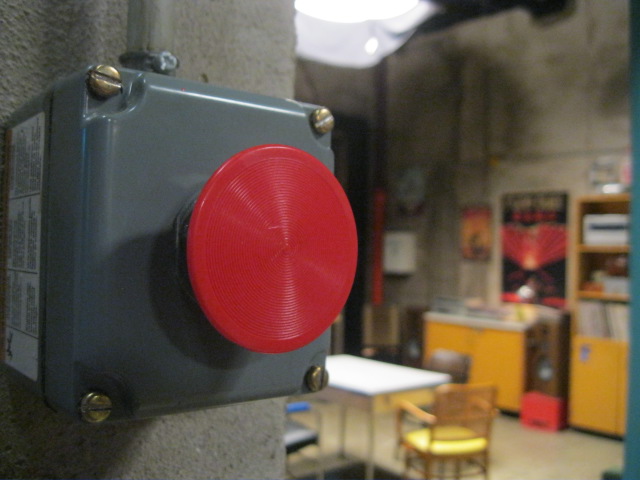 PASADENA, Calif.–This press tour has been so hijacked by the Conan O’Brien/Jay Leno saga even PBS can’t escape it.
PASADENA, Calif.–This press tour has been so hijacked by the Conan O’Brien/Jay Leno saga even PBS can’t escape it.
Other network stars are starting to realize this is the only way to grab our attention down here. “Children of Earth,” went the release this morning from embattled PBS kiddie star Dora the Explorer. “I will not take part in the destruction of the PBS children’s franchise, a tradition started by my pals Bert, Ernie and Cookie Monster. I will not accept moving my series back to 12:05 a.m. No mas!”
Well, okay, Dora isn’t really taking her backpack to Fox. There was a lull at the PBS executive session this morning and, after a pause, buttoned down PBS president and CEO Paula Kerger took a question from Hartford Courant critic Roger Catlin, who started kidding along these lines.
Kerger was trying to make the point that children’s programming on the private networks has run amok, that too often the commercial children’s shows are just Trojan horses, a way to get parents to load up on toys, books, games and other crap. Yes, there are Dora dolls, admits Kerger, but they aren’t the first thing you see on the PBS site, which is focused entirely on education and learning. A new U.S. federal review of children’s television programming, the first in 20 years, is due out later this year. PBS hopes their high standards will be applied elsewhere.
Kerger also said she was relieved that the U.S. federal government is not cutting back on the PBS appropriation this year and is in fact adding a few dollars, about a 9% lift. PBS gets about one dollar per U.S. citizen, roughly $300 million a year. Let’s see, what does that Canadian public network get again? How much does that work out per citizen? And they had to cut back on episodes of Being Erica and The Border last year because why? Just asking.
Prev Post

Next Post





1 Comment
Hey Bill, long-time reader, first-time (I think) commenter.
Two points: first, Dora is a Nickelodeon series; it’s never been on PBS.
As for your statement at the end, I believe you’re right about overall per-capita funding for public broadcasting being lower than Canada’s, but the $300 million going to PBS isn’t the whole story. PBS only supplies part of the programming aired on local stations, much of the rest coming from third-party syndicators. National Public Radio has separate funding, as do some of the local PBS stations (from state or local governments).
And of course, unlike the CBC here, PBS and its stations don’t produce many ongoing drama series (they do some movies and miniseries of course), nor do they bother with local newscasts in most markets.
So it’s not exactly an apples-to-apples comparison in my mind.